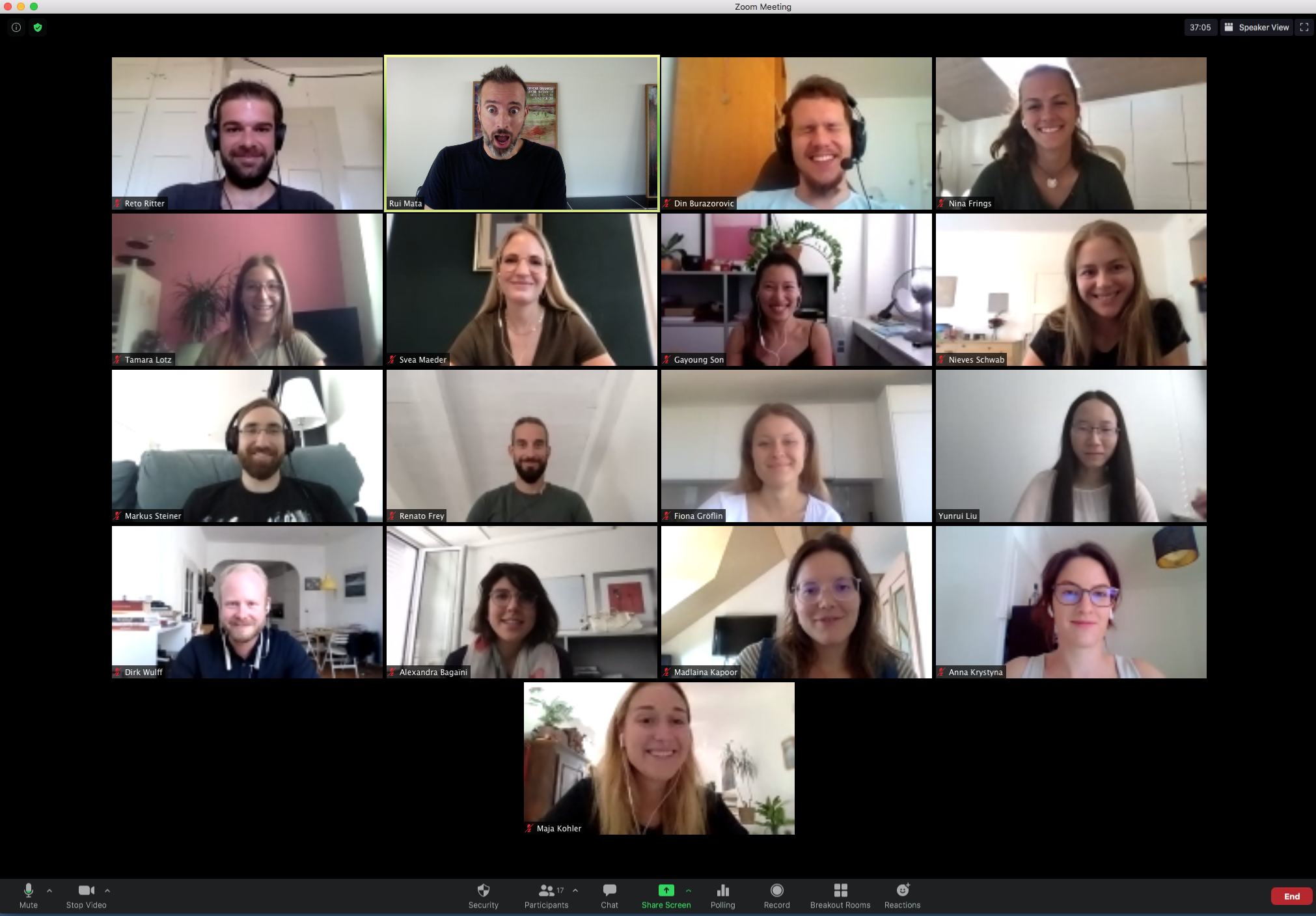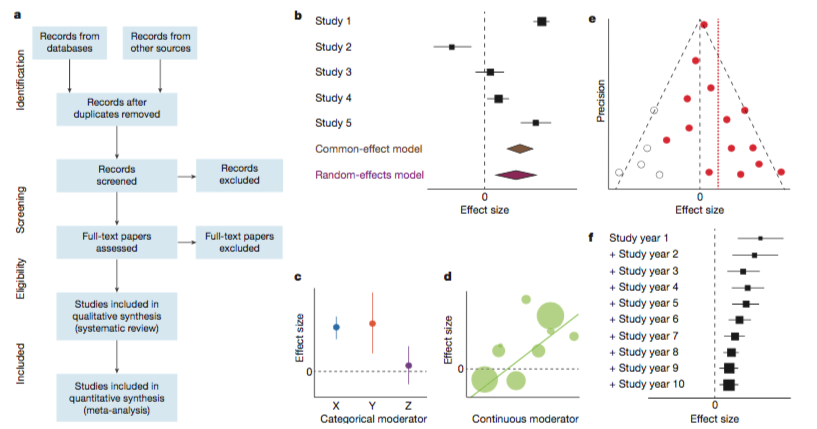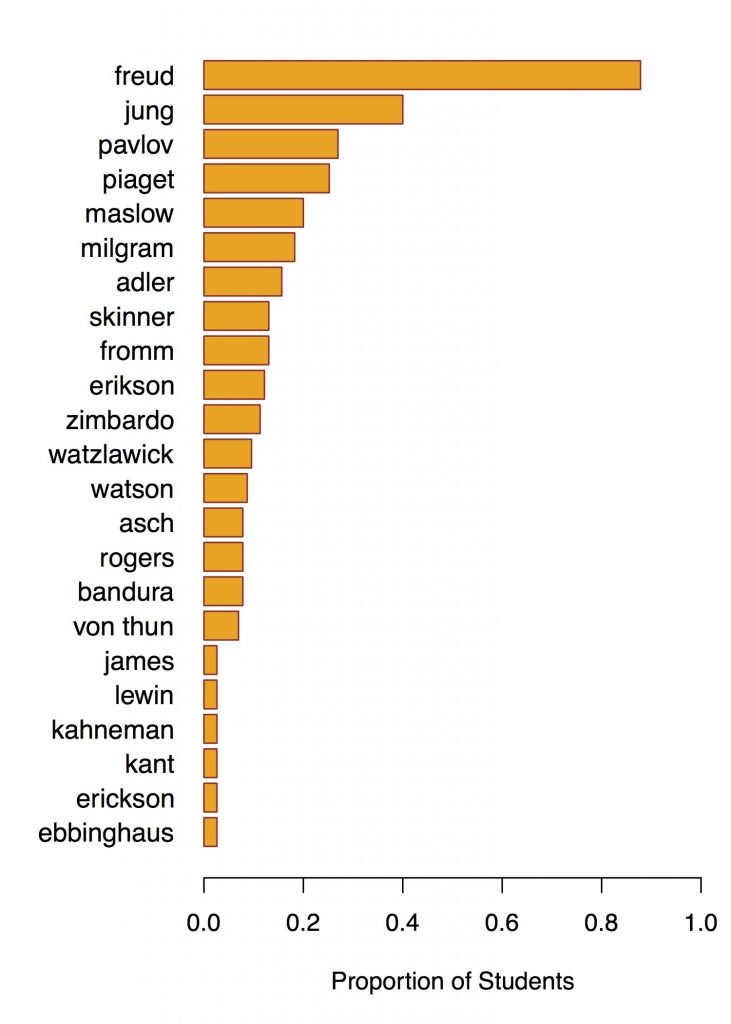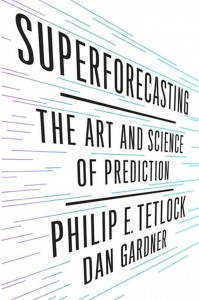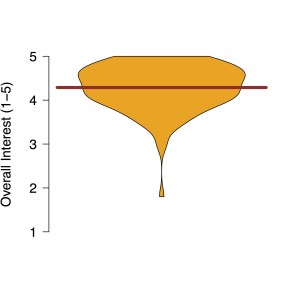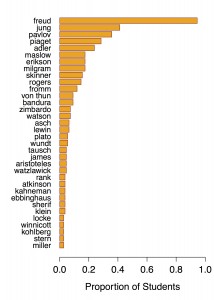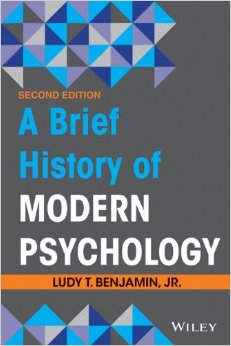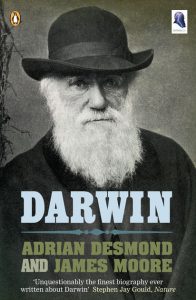
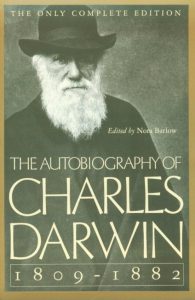
Any student of psychology should be familiar with Darwin and evolutionary theory – that’s why my History of Psychology students have to suffer through a couple of hours of Darwin and evolution each semester!
For this year’s lecture, I read two books that I can highly recommend, a biography by Desmond and Moore and Darwin’s autobiography.
Darwin started his work on natural selection shortly after his Beagle voyage but it took him 20 years to actually publish his ideas. Desmond and Moore aim to explain this by portraying Darwin as a “closet evolutionist” that is torn between science and religion (in particular the philosophical/religious implications of evolution). According to Desmond and Moore, Darwin is conflicted and anxious, fearful of loosing his standing in his Anglican conservative society, and hurting his deeply religious wife. The two books also make clear how Darwin’s “discovery” of natural selection is not the product of the work of an isolated genius but, rather, a good example of how (some?) scientific hypotheses emerge from a given social and historical context – Darwin himself points out how Malthusian ideas about scarcity and competition (that pervaded the political discourse of the time), the concept of long periods of time having shaped the geological record (advocated by Charles Lyell), and the accumulation of facts concerning variation and similarities between species, combined to help him think up natural selection.
Above all, the two books help put a human face to Darwin and it’s good fun to learn about Darwin as a boy and young man, chiefly interested in hunting and poetry, rather than more serious pursuits; so much so, that his father wagered the following rather poor forecast: “You care for nothing but shooting, dogs, and rat-catching, and you will be a disgrace to yourself and all your family.”
